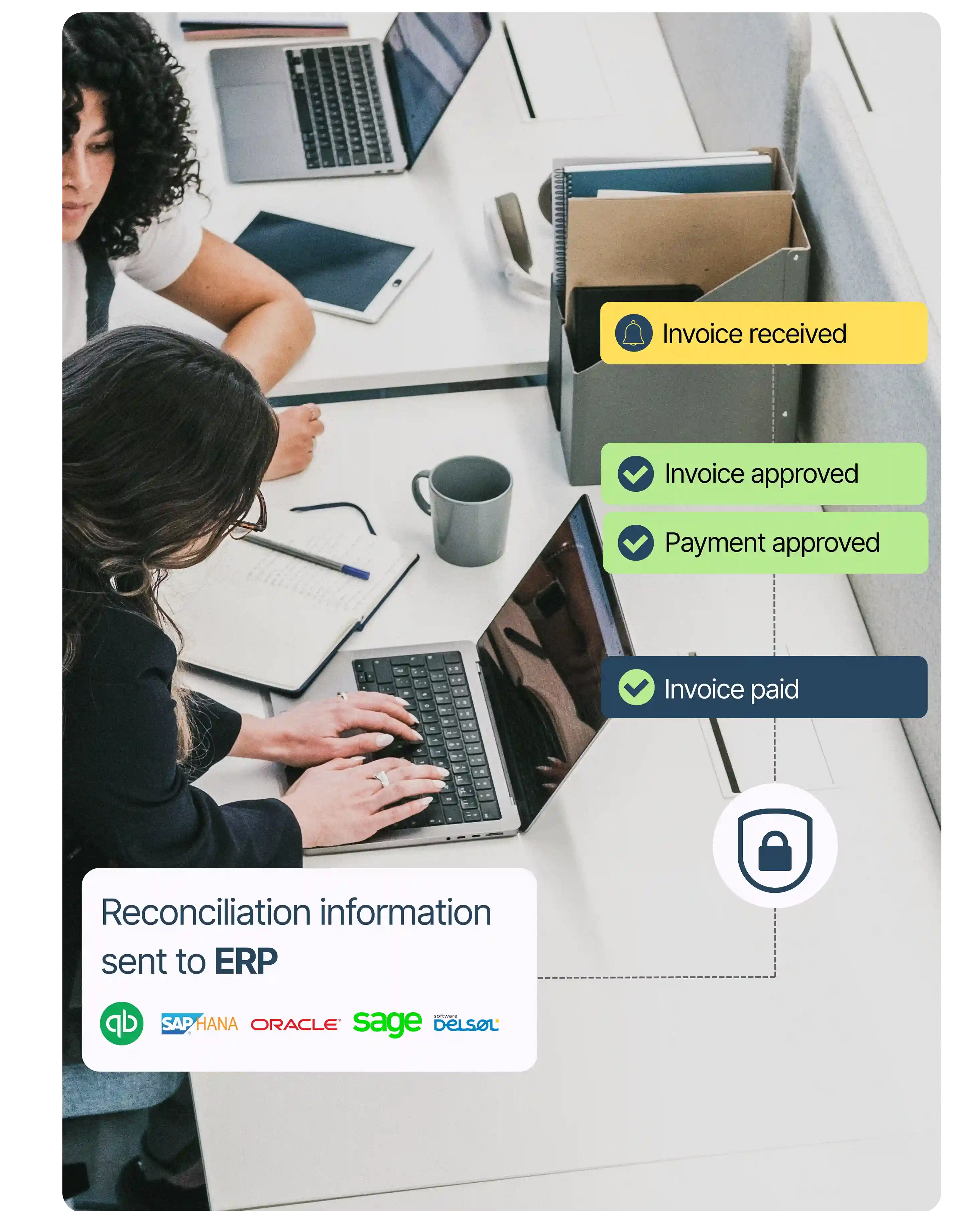© 2026 Dost All rights reserved.

Invoices are commercial documents that detail the transaction between a seller and a buyer. They are the tangible representation of a commercial agreement, recording the goods or services provided, along with their cost and agreed payment terms.
In essence, an invoice serves as a legal and financial record of a business transaction. It is a crucial tool for both the seller and the buyer, as it establishes the financial obligations of both parties and provides a clear trail of the transactions carried out.
Invoice management is the end-to-end process of receiving, verifying, approving, and paying invoices in a business. From sales invoices issued to clients, to purchase invoices received from suppliers, managing invoices effectively is critical to maintaining healthy cash flow and strong supplier relationships.
With the rise of AP automation software and digital transformation, businesses can now automate the entire invoice lifecycle, from invoice creation to reconciliation.
Efficient invoice management is essential for businesses of any size. It directly impacts financial health, internal productivity, and external relationships.
Here’s why it matters:
.svg)
Cash Flow
Effective invoice management ensures that payments are processed on time, which keeps cash flow predictable and helps businesses avoid liquidity issues.
.svg)
Compliance
Standardised processes and proper documentation help businesses stay compliant with tax regulations and e-invoicing laws in various jurisdictions.
.svg)
Efficiency
By reducing manual data entry and automating approvals, businesses free up finance teams to focus on higher-value tasks and decision-making.
.svg)
Visibility
Centralised invoice tracking improves transparency across departments, allowing for better budgeting, forecasting, and audit readiness.
.svg)
Relationships
Timely and accurate invoice handling strengthens trust with suppliers and internal stakeholders by reducing errors and disputes.
Accounts payable automation software eliminates manual steps in the invoice process by:
With automated invoice management, finance teams gain real-time visibility, reduce operational costs, and scale their workflows without adding headcount.
Implementing best practices in your invoice workflow helps reduce errors, accelerate approvals, and improve cash flow. Below are key strategies to optimise your invoice processing with a focus on consistency, automation, and compliance.
Maintain consistency across all invoice templates to reduce confusion and errors.
Include due dates, accepted payment methods, and penalties for late payment to improve collection timelines.
Allow vendors to submit invoices electronically, speeding up processing and reducing manual handling.
Leverage accounts payable automation software to eliminate repetitive tasks and streamline approvals.
Track invoice cycle time, exception rates, and approval delays to identify areas for improvement.
Separate and handle different types of business invoices (recurring, intercompany, rectifying) with tailored workflows for each category.
